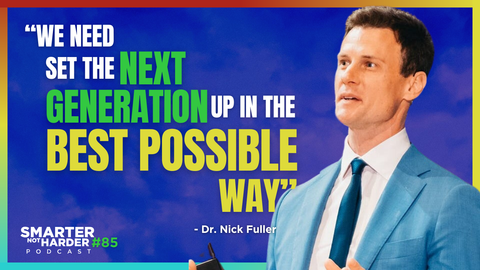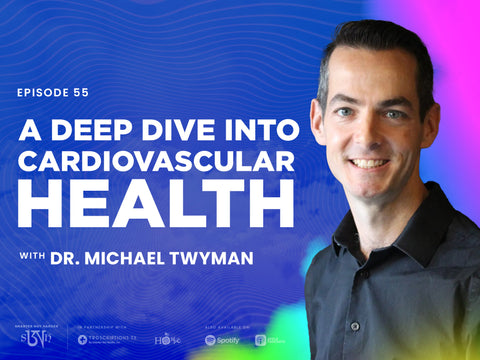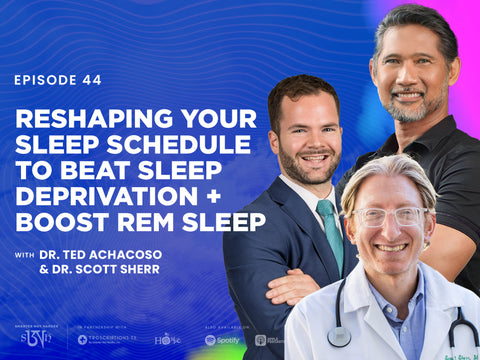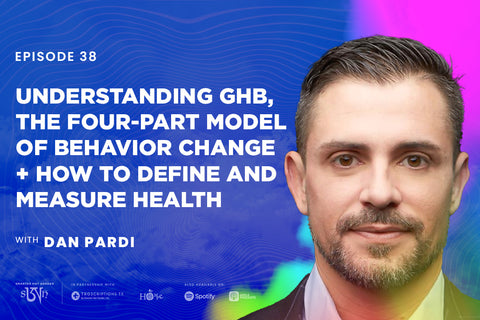Smarter Not Harder podcast: Sleep

In this episode of the Smarter Not Harder Podcast, Dr. Nicholas Fuller talks about family health, obesity management, and healthy habits. He covers sleep, exercise, food fussiness, and practical tips for implementing more nutritious choices.

In this episode of the Smarter Not Harder Podcast, host Dr. Scott Sherr is joined by guest Dr. Michael Twyman to give one-cent solutions to life’s $64,000 questions that include:
What are the roles of the endothelium and the glycocalyx in cardiovascular health and how can their function be optimized to prevent heart disease and manage blood pressure?
How do advanced diagnostic tools like CT angiograms, magneto cardiography, advanced lipid panels, and genetic testing contribute to personalized medicine in cardiology and the early detection of cardiovascular risk factors?
What are the lifestyle changes that can significantly influence cardiovascular health, and how can practices such as improving diet, enhancing nitric oxide levels, maintaining a healthy oral microbiome, adjusting light exposure and sleep patterns, and patient education help manage heart health?

In this episode of the Smarter Not Harder Podcast, host Boomer Anderson is joined by Dr. Ted Achacoso and Dr. Scott Sher to give one-cent solutions to life’s $64,000 questions that include:
Why is sleep essential for both our physical and mental health and what techniques can be employed to optimize sleep quality?
How to improve sleep quality and which supplements help?
What changes in lifestyle can cause alterations in an individual's chronotype and sleep patterns?

In this episode of the Smarter Not Harder Podcast, our guest Dan Pardi joins our host Dr. Scott Sherr to give one-cent solutions to life’s $64,000 questions that include:
How does GHB affect sleep and longevity and what is its role as an allosteric modulator of GABA-A receptors?
What is the four-part model of behavior change and why is it important to note that knowledge alone isn't enough to bring about lasting change?
How can tracking our behavior help us stay mindful of our daily habits and what are the benefits and potential pitfalls of this approach?
